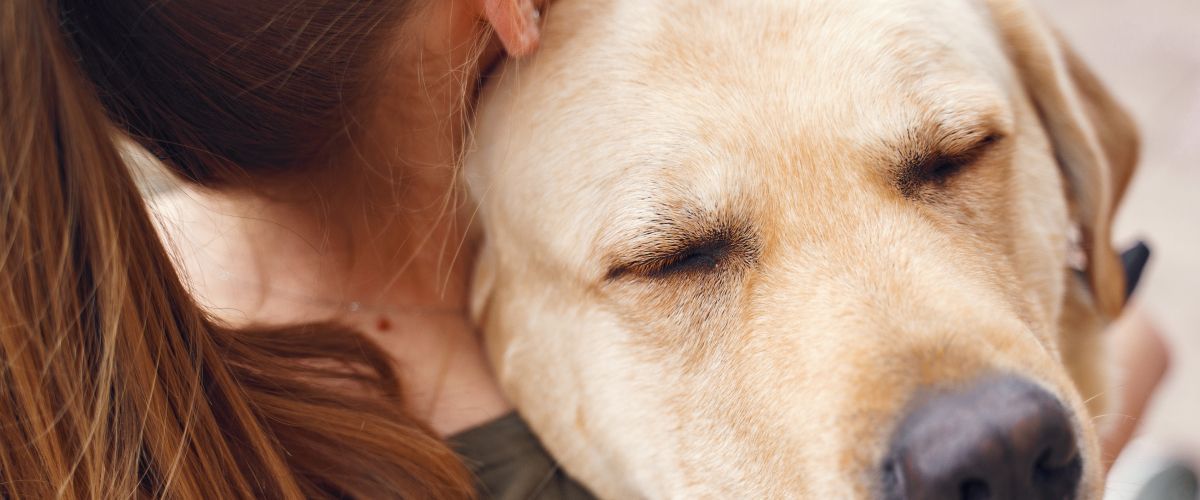Learn about Rottweilers
The History of Rottweilers
Rottweilers have a rich history that dates back to ancient Rome. Originally bred as herding and guard dogs, they were used by Roman legions to drive cattle and protect their camps. As they migrated across Europe, they became indispensable to butchers in the German town of Rottweil, where they earned their name as “Rottweiler Metzgerhund,” meaning “Rottweil butcher’s dog.” Today, Rottweilers are known for their versatility, excelling in roles such as police work, search and rescue, and loyal family companionship.
Rottweiler Characteristics and Temperament
Rottweilers are large, muscular dogs with a confident and calm demeanor. They are fiercely loyal to their families and can be naturally protective, making them excellent guard dogs. Despite their strong exterior, they are affectionate and thrive on human companionship. Proper training and socialization from an early age are crucial to ensuring they grow into well-mannered and balanced dogs. They can be reserved around strangers but are extremely loving toward their owners.
Training and Socialization of Rottweilers
Training a Rottweiler requires patience, consistency, and positive reinforcement. Due to their intelligence and eagerness to work, they respond well to structured training programs. Early socialization with different environments, people, and other animals is essential to prevent aggressive tendencies. Obedience training should start as early as possible, reinforcing commands such as sit, stay, and recall. A well-trained Rottweiler is a confident and obedient companion.
Rottweiler Health and Care
Rottweilers are generally healthy dogs but are prone to certain genetic health conditions. Some of the most common issues include hip and elbow dysplasia, heart conditions, and obesity. Regular vet check-ups, a balanced diet, and daily exercise are key to maintaining their health. Owners should also be mindful of bloat, a life-threatening condition common in deep-chested breeds. Ensuring they eat slowly and avoid excessive activity after meals can help prevent this issue.
Feeding and Nutrition for Rottweilers
Providing proper nutrition is crucial for a Rottweiler’s overall well-being. As a large breed, they require high-quality, protein-rich food to support their muscle development and energy levels. Feeding them in controlled portions helps prevent obesity, which can put extra strain on their joints. Consulting a veterinarian for a diet tailored to their age, weight, and activity level is always recommended.
Grooming and Maintenance of Rottweilers
Rottweilers have short, dense coats that require minimal grooming. Weekly brushing helps remove loose fur and keeps their coat shiny. Regular nail trimming, ear cleaning, and dental care should also be part of their routine. Despite their low-maintenance grooming needs, they do shed moderately throughout the year and more heavily during seasonal changes.
Is a Rottweiler Right for You?
Rottweilers make fantastic pets for experienced dog owners who can provide firm leadership, training, and socialization. They thrive in homes where they receive plenty of physical activity and mental stimulation. While they can adapt to different living environments, they do best with a spacious yard and an owner who understands their working-dog nature. Their protective instincts make them excellent family guardians, but they require responsible ownership and training.
Conclusion
Rottweilers are intelligent, loyal, and powerful dogs that can be both affectionate companions and reliable protectors. With proper training, socialization, and healthcare, they can thrive in a loving home. If you’re considering adding a Rottweiler to your family, be prepared to provide them with structure, leadership, and lots of love. In return, you’ll have a devoted and protective best friend for life.
The post Learn about Rottweilers appeared first on Angelpaw.







